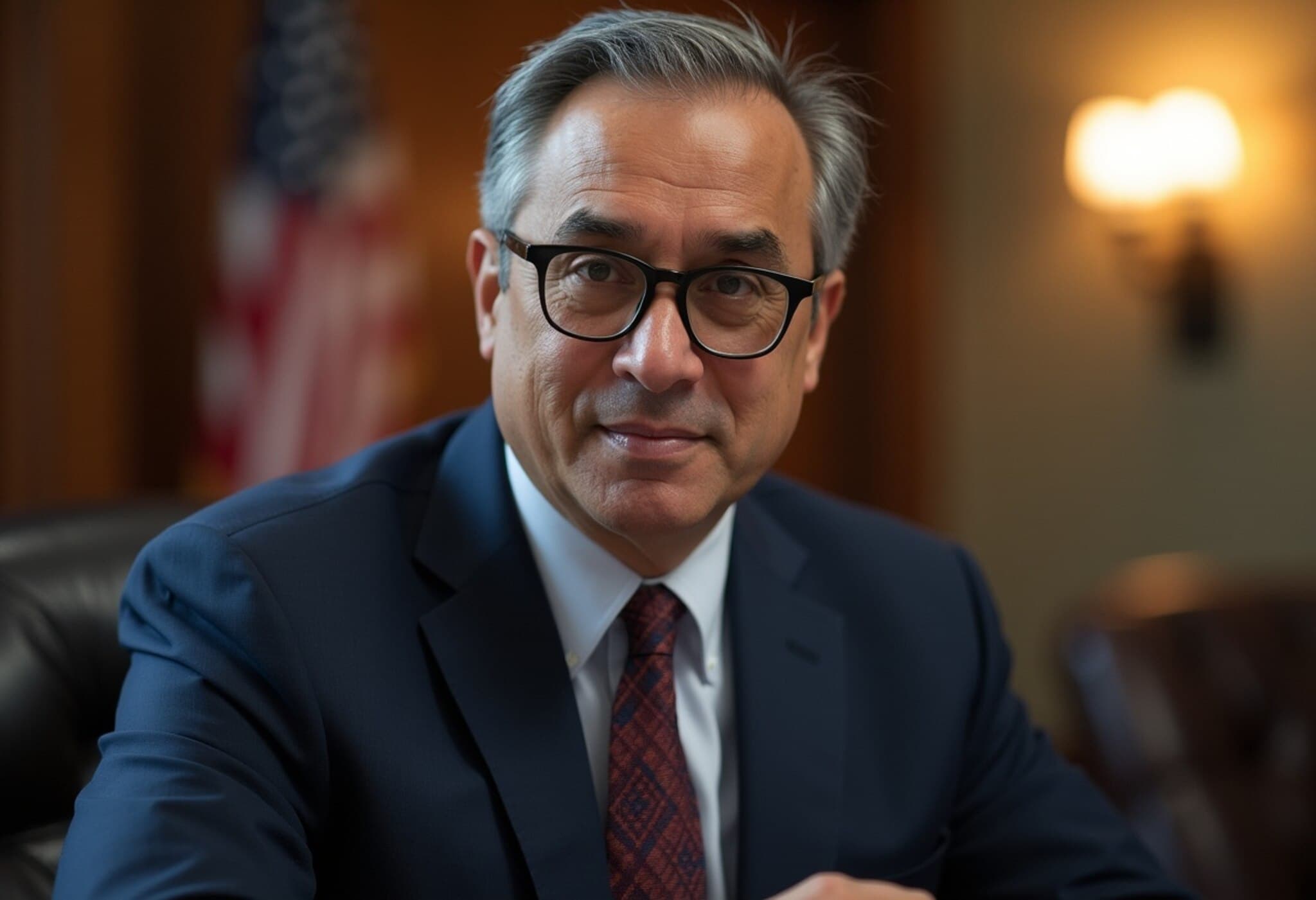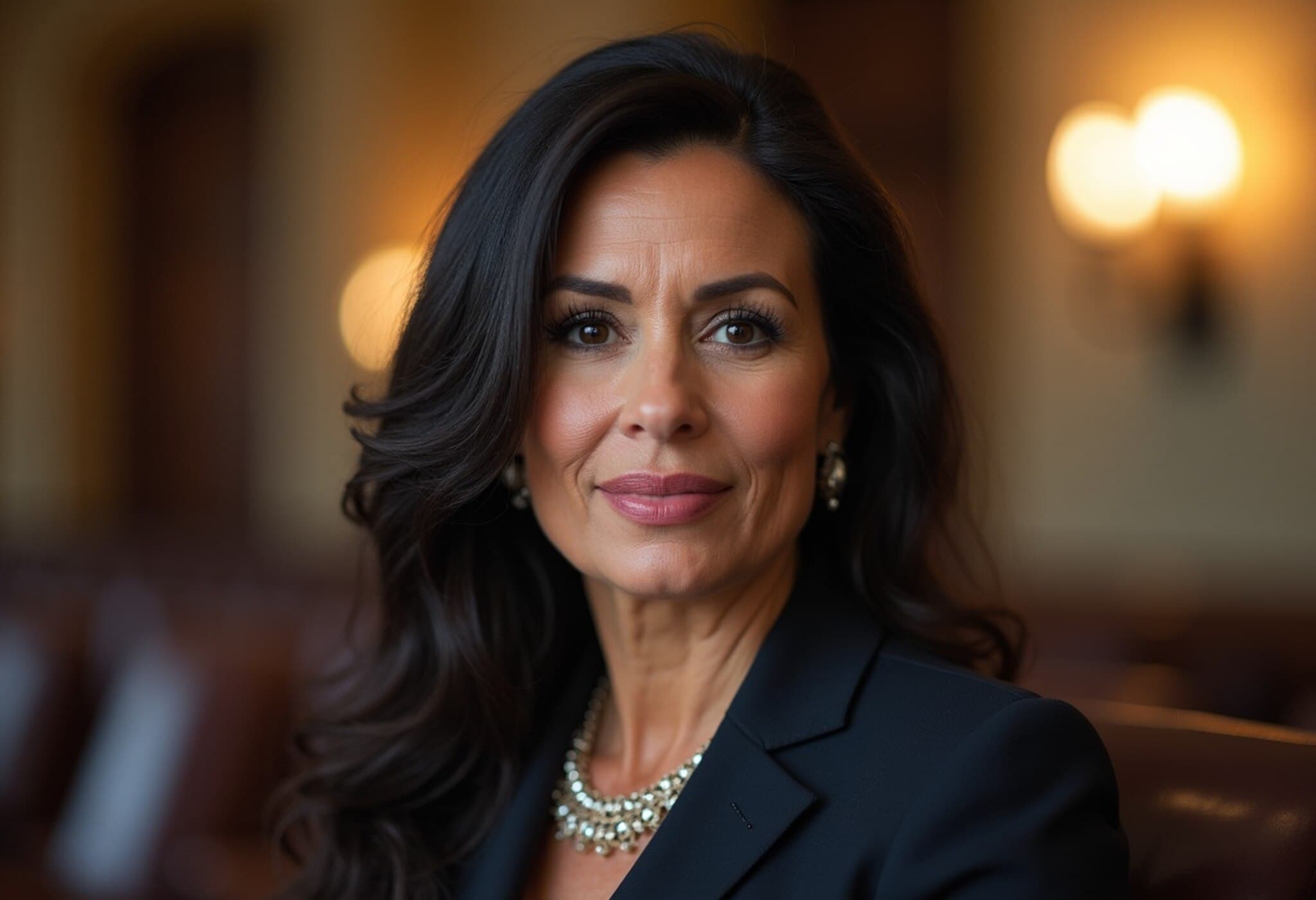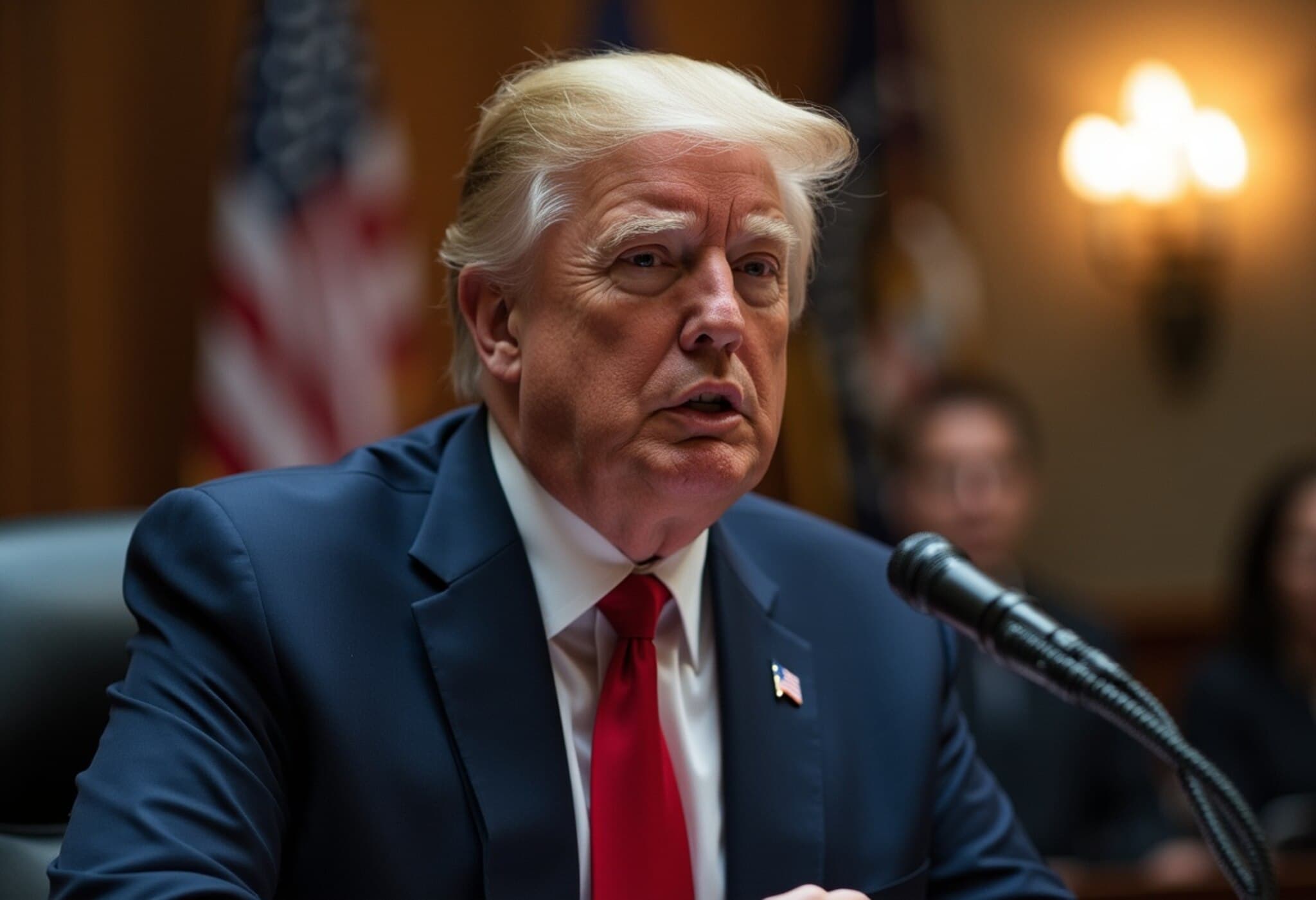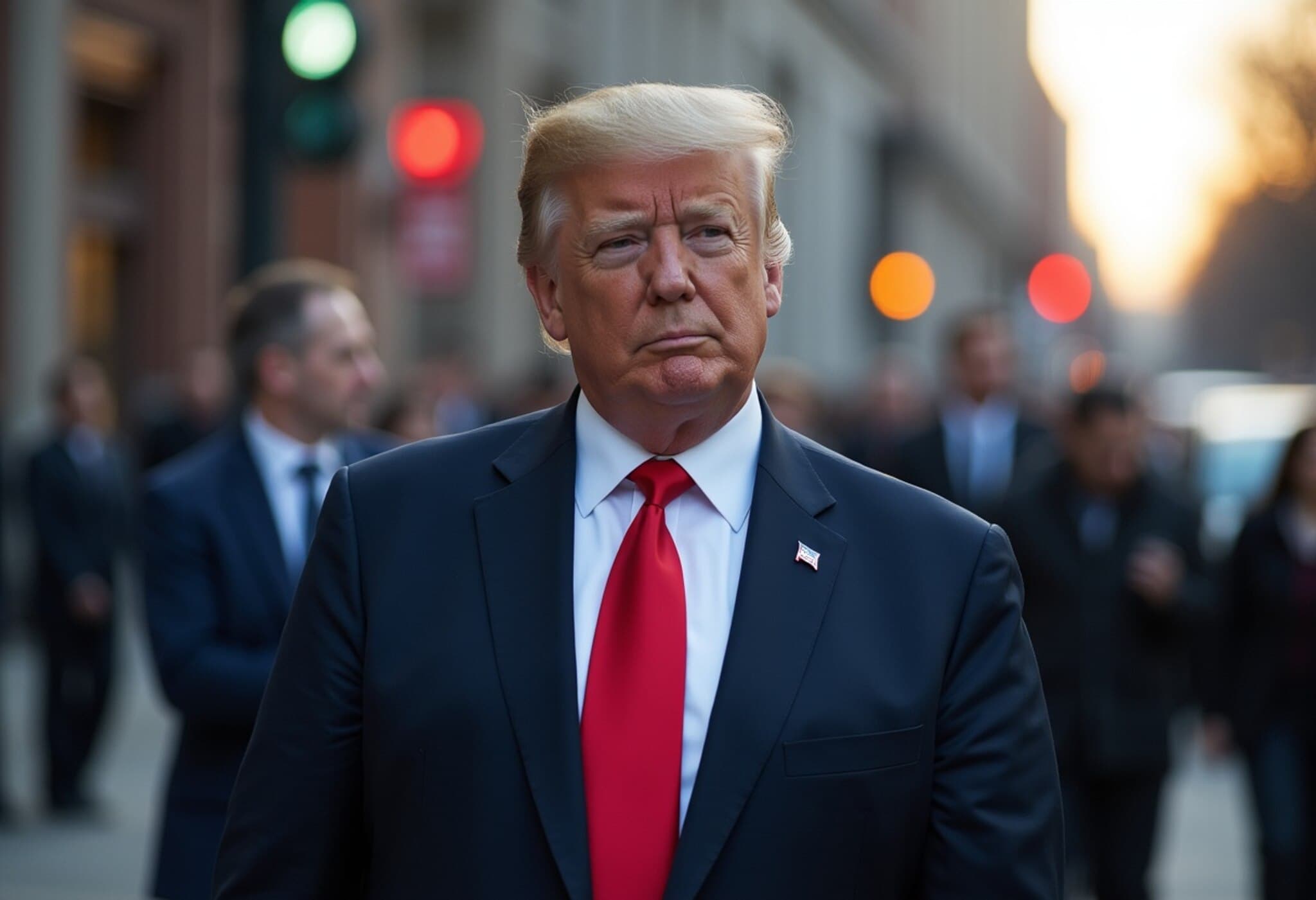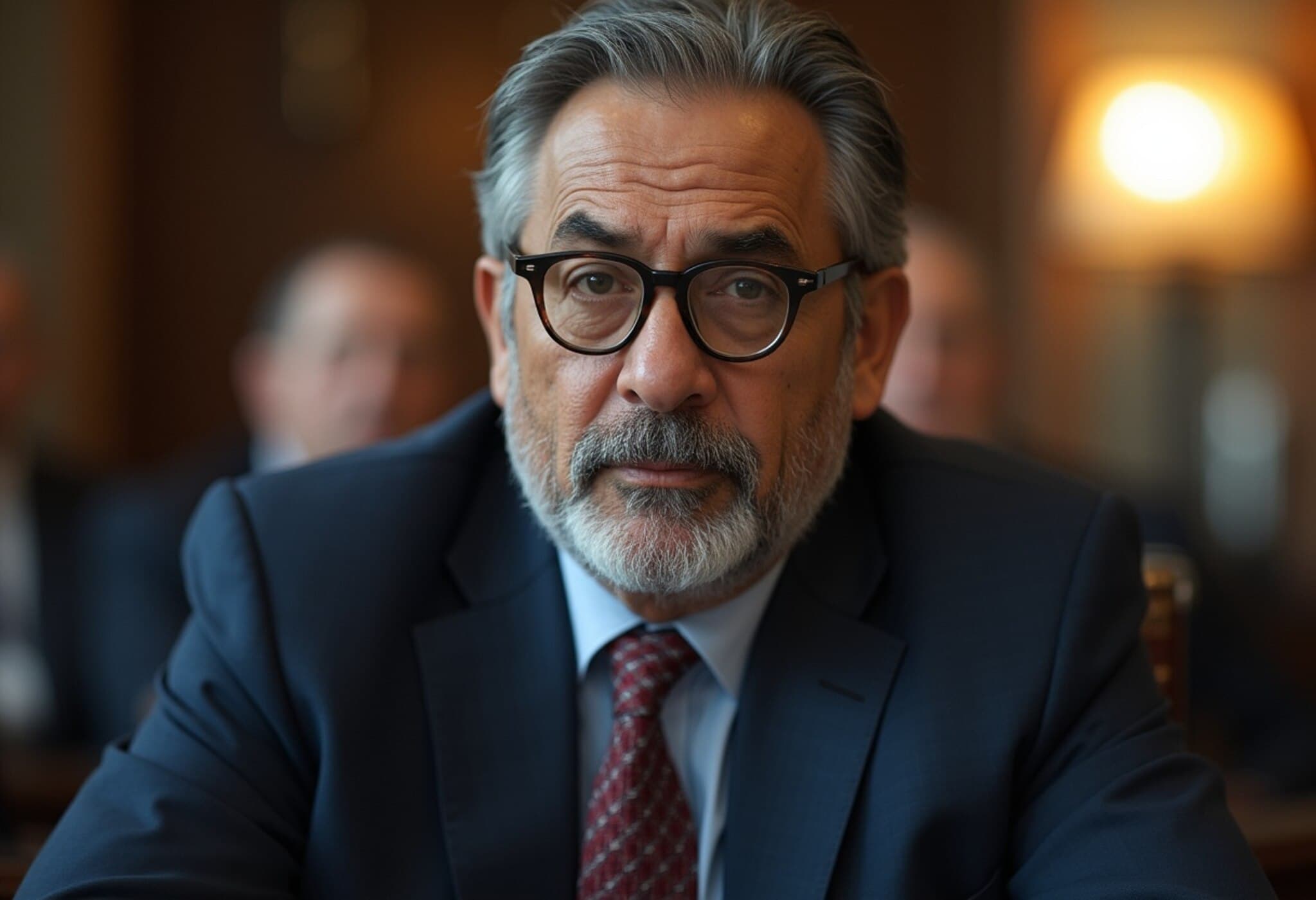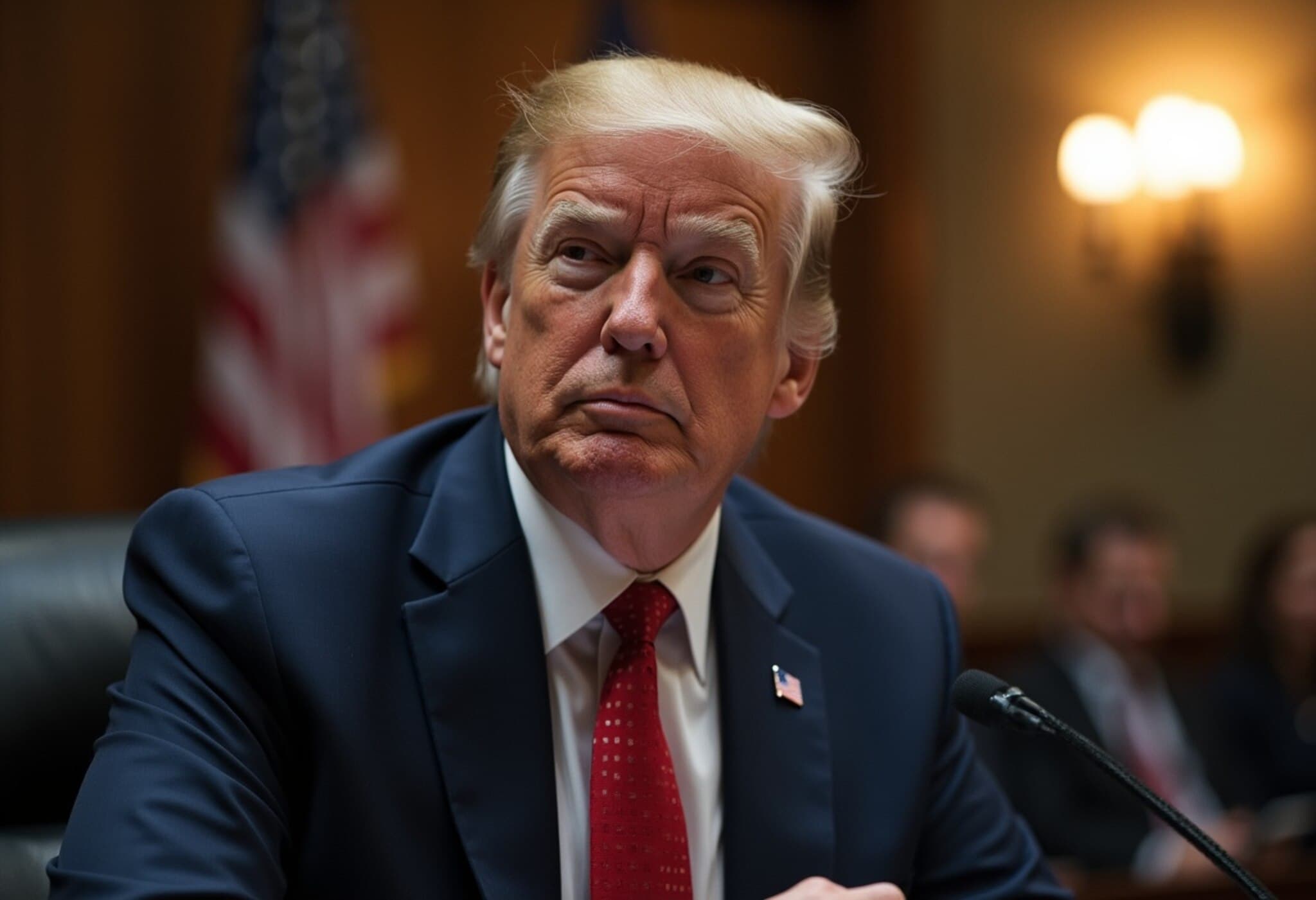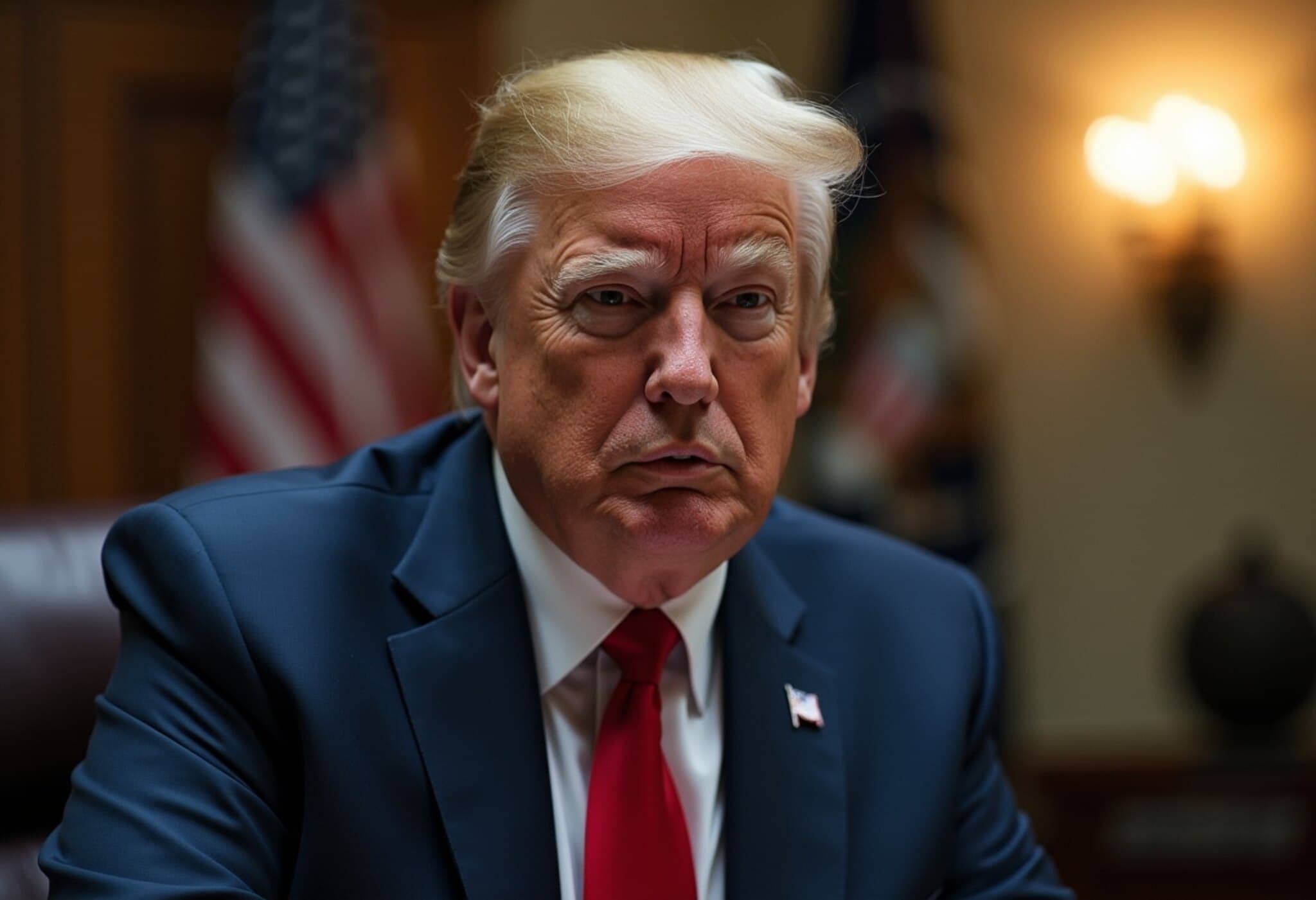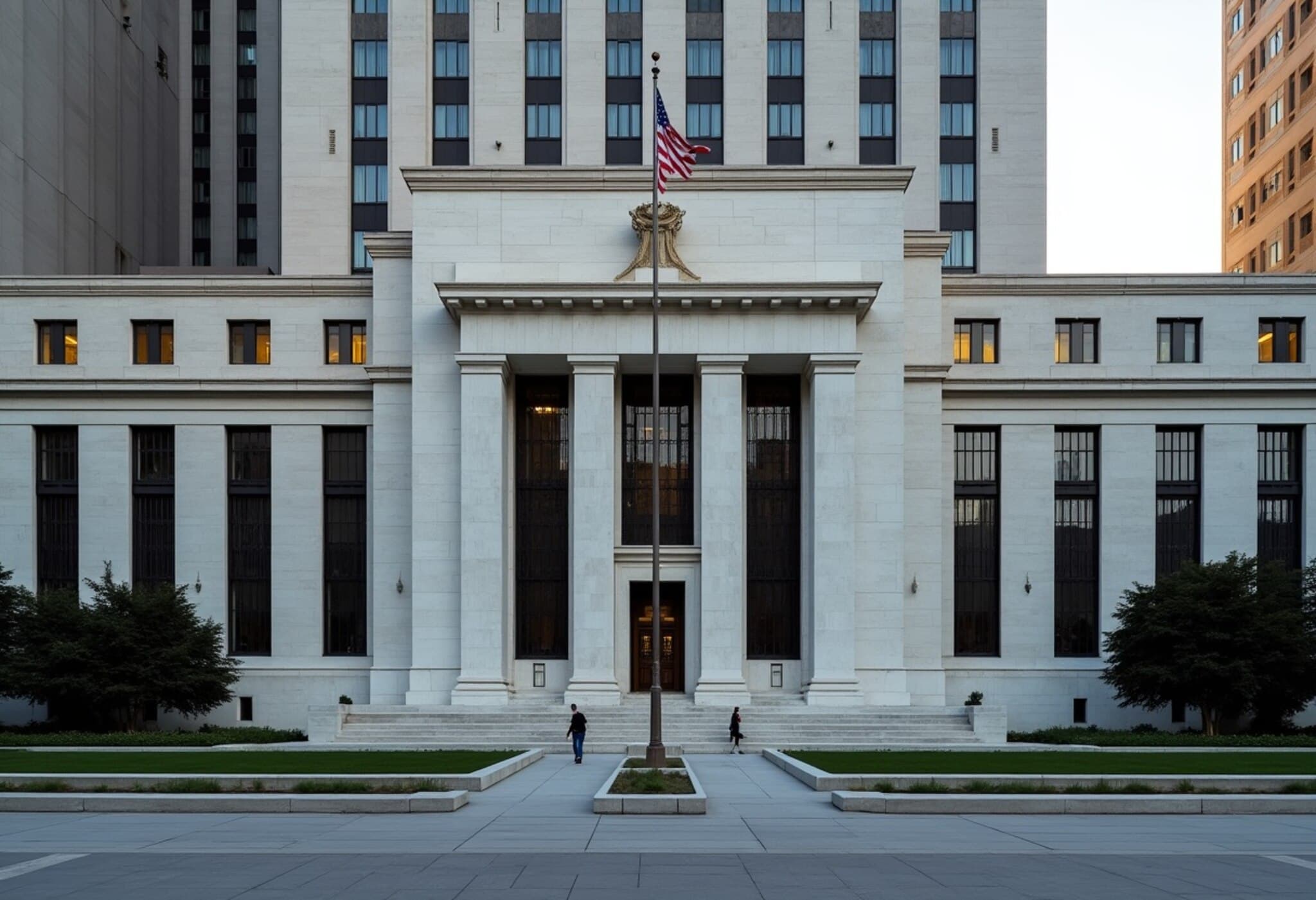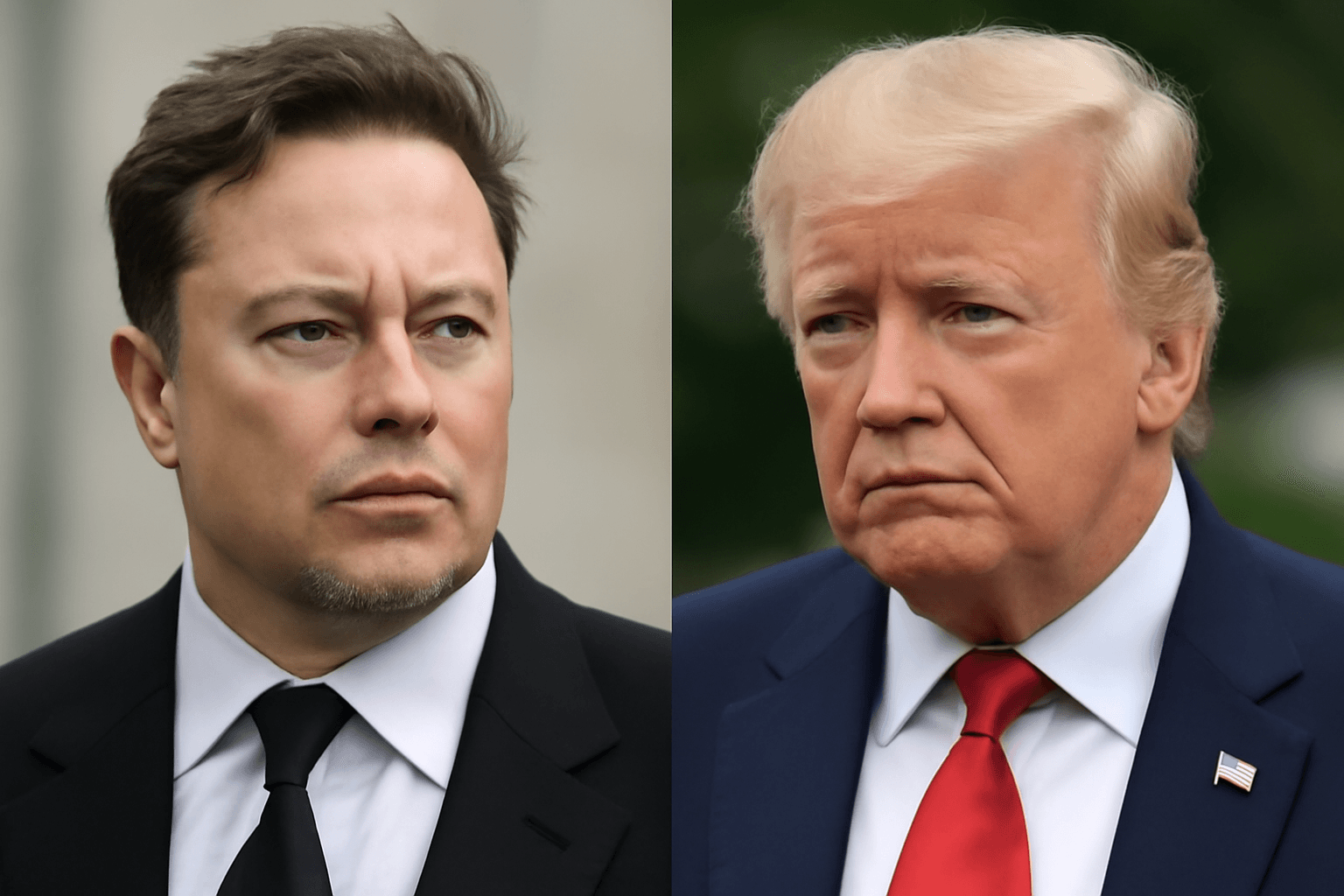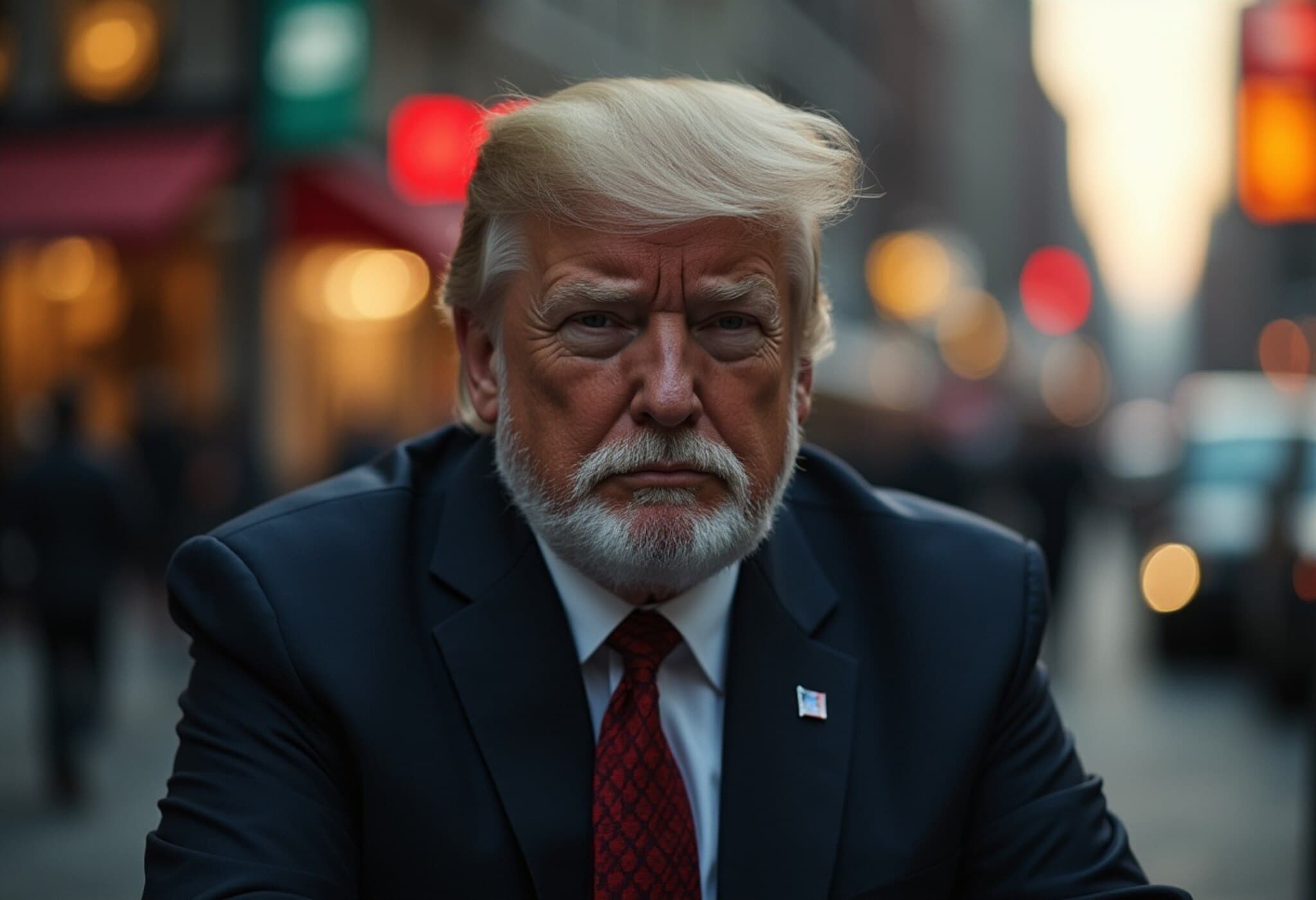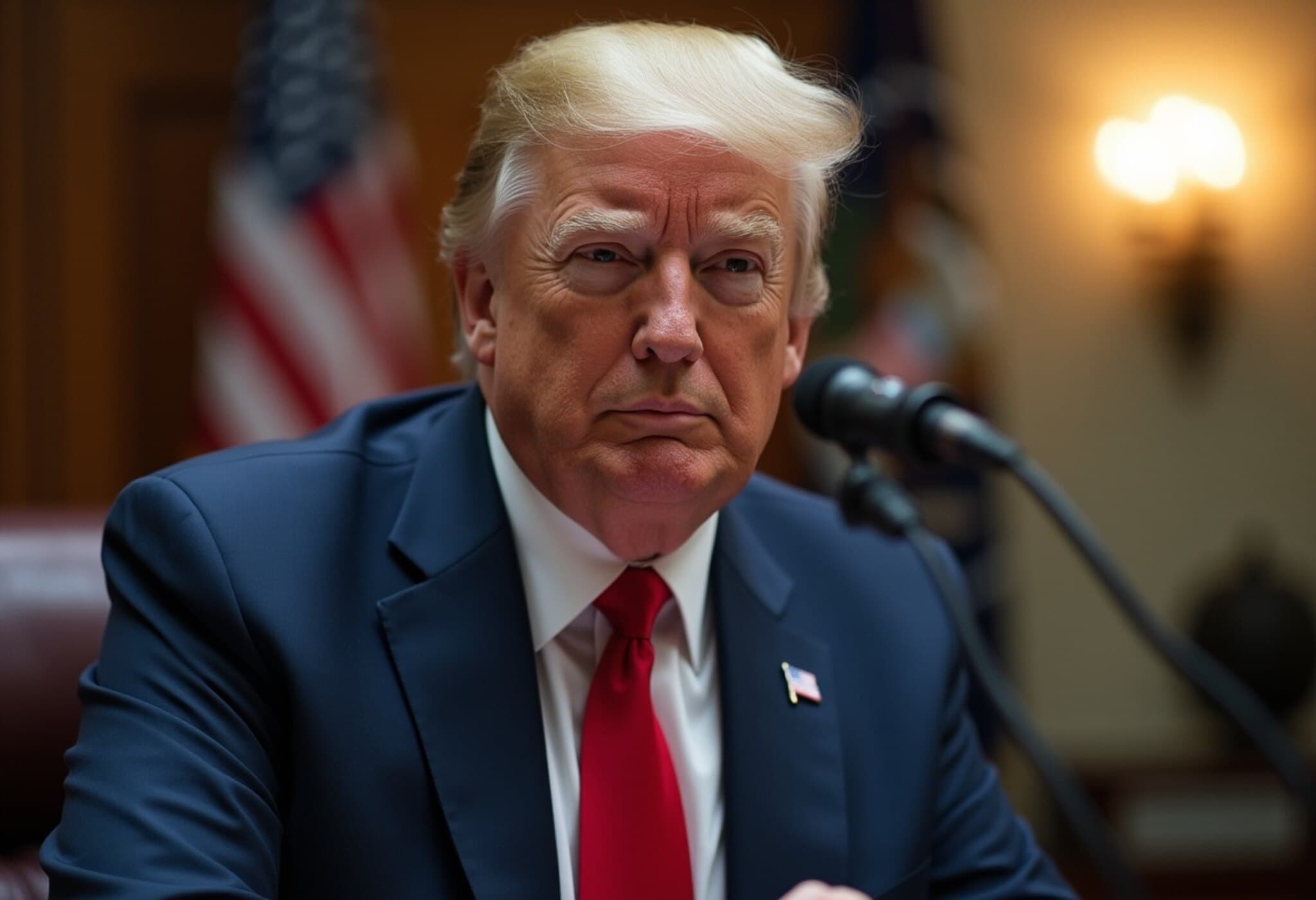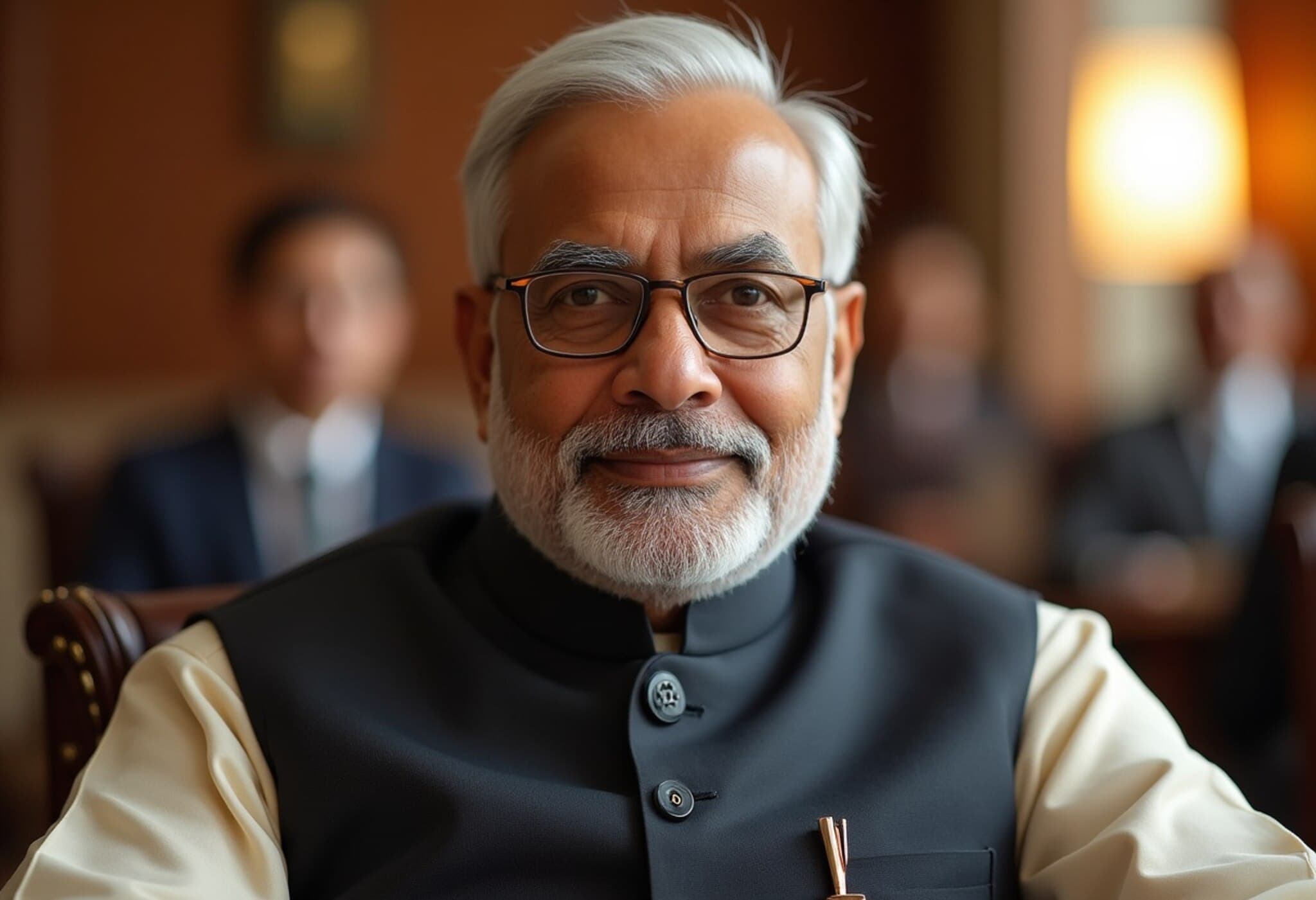FBI Director Kash Patel Rejects Resignation Rumors Amid Epstein Investigation Tensions
In a swift and unequivocal response to swirling rumors, FBI Director Kash Patel has categorically denied reports claiming he plans to resign from his position within former President Donald Trump's administration. These rumors emerged amidst ongoing friction in the Department of Justice (DOJ) regarding the handling of sensitive files related to the Jeffrey Epstein investigation.
Setting the Record Straight on Social Media
On July 13, 2025, Mr. Patel took to X (formerly Twitter) to dismiss the conjecture as "conspiracy theories" and emphasized his unwavering loyalty to President Trump. He stated, “The just aren’t true, never have been. It’s an honor to serve the President of the United States @realDonaldTrump — and I’ll continue to do so for as long as he calls on me.”
This declaration came in the wake of a Daily Wire report highlighting internal conflicts within the Trump administration and DOJ over the management of classified documents tied to the late financier's criminal case.
Sources Point to Deepening Divisions Within the DOJ
- Journalist Mary Margaret Olohan cited sources close to the DOJ indicating that Patel seeks the departure of Attorney General Pam Bondi, further complicating dynamics at the top.
- Patel purportedly has expressed willingness to resign should his deputy, former congressman Dan Bongino, exit the administration.
- Right-wing commentator and Trump aide Laura Loomer corroborated claims of mounting tensions between the FBI and DOJ over the transparency and handling of Epstein-related materials.
Recent Clashes Highlight Internal Strife
According to reports, conflicts came to a head during a White House meeting this week where Bondi and Bongino reportedly had a heated dispute. Additionally, Fox News revealed that White House Chief of Staff Susie Wiles engaged in a tense exchange with FBI officials, illuminating the growing friction.
Contextual Insight: Why Epstein Files Stir Controversy
The Jeffrey Epstein investigation remains one of the most politically sensitive cases, intertwining elements of criminal justice, high-profile connections, and public demand for transparency. The management of case files has been under intense scrutiny, reflecting broader concerns over institutional accountability within the federal investigation and prosecutorial chains.
For the Trump administration, navigating these waters involves balancing loyalty, disclosure obligations, and political optics, all while maintaining operational coherence among agencies. Mr. Patel's public denial is not just a personal statement but a strategic message aimed at quelling unrest and projecting stability.
Legal and Political Implications for the U.S.
Experts suggest that internal discord over the Epstein files could impact ongoing investigations and public trust in law enforcement's impartiality. It also raises questions about the politicization of sensitive information, a challenge critical to American democratic governance.
Patel’s commitment to remain in his post, provided he retains the confidence of President Trump, signals a desire to weather these disputes and underscores the fractious nature of contemporary federal administration.
Looking Ahead: What This Means for Trump’s Inner Circle
- The alleged potential departure of figures like Dan Bongino or Pam Bondi could reshape the makeup of the Trump legal and strategic team.
- The public airing of disagreements suggests an administration under stress, possibly affecting policy cohesion and messaging.
- Watchers should monitor how these tensions influence broader narratives around justice reform and executive accountability.
Editor's Note
While Kash Patel’s firm denial aims to put to rest speculation about his resignation, the undercurrent of disagreement within the Trump administration around the Epstein case highlights enduring challenges at the intersection of law enforcement and politics. As these events unfold, they prompt essential questions about transparency, loyalty, and governance in highly charged political environments. Observers should remain alert to how these internal dynamics may influence not only the Epstein probe but also wider justice and policy frameworks in the coming months.

